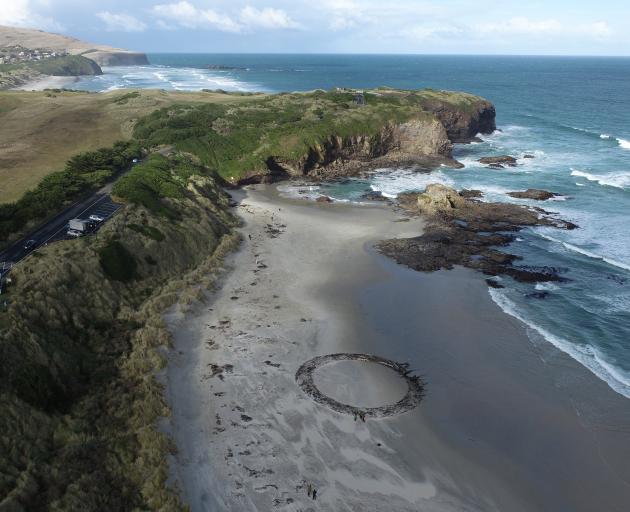
The festival, also dubbed the New Zealand Festival of Nature, was first held in 2016, created by a small team of wildlife and wild places enthusiasts who wanted to share their passion for nature. The aim was to spread the word locally, nationally, and internationally about the breadth of wildlife in this part of the world, both to attract visitors and to foster caring for nature in young and old.
After the 2020 planned event had to be postponed to last year because of lockdown, this year’s event was bigger and better than ever, comprising around 100 events. That was impressive, considering fears during the planning stages of the festival over the possible impact of Covid-19 restrictions.
One advantage the festival had, of course, is that many of its events were outdoors and organisers were pushing the message that getting out into nature is great for your health, including your mental wellbeing. This is something many have become more aware of in the era of lockdowns and isolation, along with an increased interest in what goes on in nature close to our back yards.
The festival began on Earth Day last Friday with a land art project at Lawyers Head. The artwork, comprising a 25-metre diameter circle of natural material was captured by the incoming tide soon after it was completed. For a festival with the theme "Down to the sea — He wai ka rere ki te moana", this seemed a fitting start.

The breadth of topics covered over the week was wide, not all of them involving the sea. For example, there were opportunities to make your own seaweed jewellery, sample local and introduced seaweeds, attend a quiz night, watch wild movies, explore the seashore with a marine scientist, and even get tips on growing house plants.
The festival is a slick operation, with livestreaming of some events for those unable to attend, a great website and a busy Facebook page.
Anyone who has ever tried to wrangle multiple groups for an event will appreciate the effort needed to make anything appear as seamless as this did.
Congratulations to the organisers, and to all those who have enthusiastically joined in, whether by offering financial help or staging their own events.
It was encouraging to see organisations which may have been struggling to make ends meet through the pandemic prepared to offer reduced prices to visitors for the festival. Among them was Orokonui Ecosanctuary, which recently announced some staff redundancies and cuts to its operating hours. Hopefully, their offer of free entry for children at the weekend had the effect of boosting the number of fee-paying adult visitors.
This year, the festival’s Wild Hero Award went to Brendon Flack, the chairman of the East Otago Taiapure management committee.
This award recognised three decades of work by the group, which manages a shared fishery incorporating customary, recreational, and commercial fishing interests, described as a fine example of co-operation on a local level with Maori leading the way to protect the marine environment.
As Mr Flack says, he believes the main reward is still to come — that of ensuring access to healthy fisheries for future generations.
The importance of working together over time to help nature, not just showing up once a year for the sake of a festival, is a message which none of us can afford to ignore.












